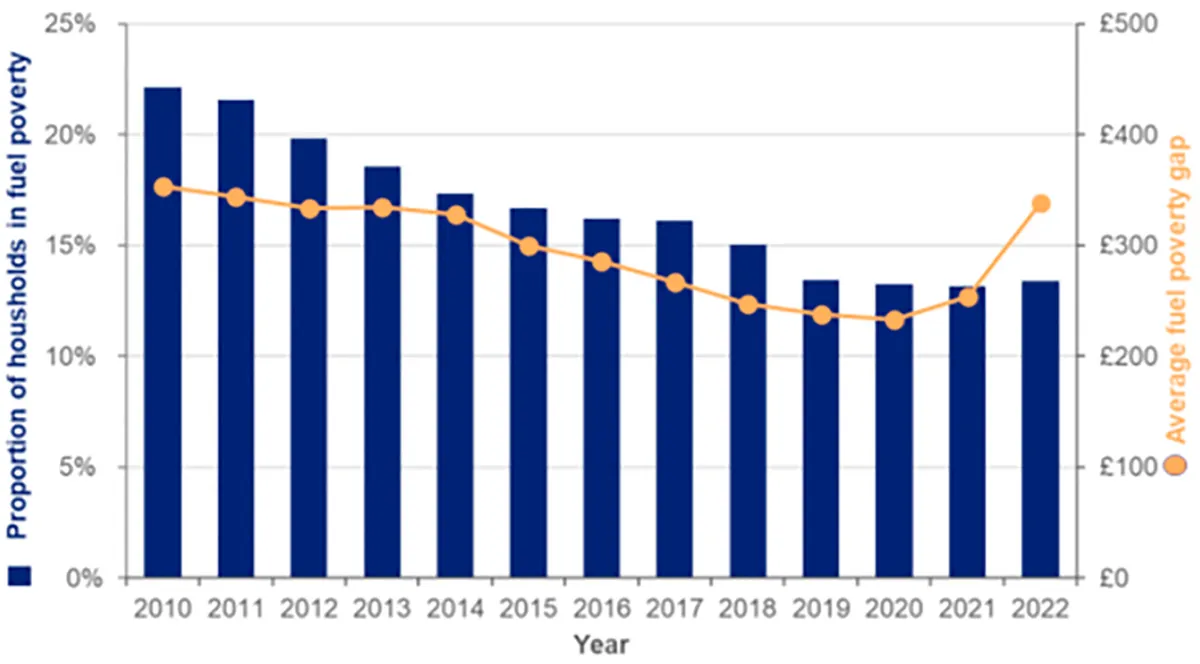The UK government, led by Sir Keir Starmer, has indicated a potential overhaul of the Capital Gains Tax (CGT) system. This move comes as part of the administration's efforts to address economic challenges and promote growth.
Rachel Reeves, the Chancellor of the Exchequer, is reportedly considering significant changes to CGT in the upcoming Budget, scheduled for October 30, 2024. The proposed reforms aim to increase tax revenue while potentially aligning CGT rates with income tax.
CGT, first introduced in 1965 by Jim Callaghan, has undergone numerous changes over the years. Notable reforms include Nigel Lawson's 1988 alignment of CGT and income tax rates, and subsequent modifications by Gordon Brown, Alistair Darling, and George Osborne.
The current CGT system is complex, with varying rates depending on the type of asset and the taxpayer's income level. In the 2022-23 tax year, CGT was paid by 369,000 individuals, generating £14.4 billion in revenue. This contrasts with income tax, which was paid by 34.6 million people and raised £250 billion in the same period.
Experts are divided on the potential impact of CGT reforms. Arun Advani, associate professor at the University of Warwick, suggests that simplifying the system and introducing incentives could boost growth. He argues, "The way to encourage investment isn't by giving people a pat on the back on the way out, but a break on the way in."
Conversely, Sir John Redwood, former head of the Number 10 Policy Unit, warns that raising CGT rates could dampen investment and lead to a "strike" among wealthy individuals. He states, "It's anti-transaction, it freezes wealth. It's damaging for those who make a living out of buying and selling because it cuts turnover a lot."
The Institute for Fiscal Studies (IFS) recommends eliminating various CGT reliefs, including the Business Asset Disposal relief and the exemption on unrealized gains at death. These proposals aim to simplify the system and potentially increase tax revenue.
As the government prepares for the upcoming Budget, the debate surrounding CGT reform continues. The challenge lies in balancing the need for increased revenue with the goal of stimulating economic growth and investment.
"In the context of entrepreneurship, one thing that's often argued is that people are putting their capital at risk, and you need some recognition of that. Having a high rate of CGT doesn't necessarily disincentivise taking risks, as long as you cushion the downside risk symmetrically."
The outcome of these potential reforms will likely have significant implications for investors, business owners, and the broader UK economy in the coming years.
